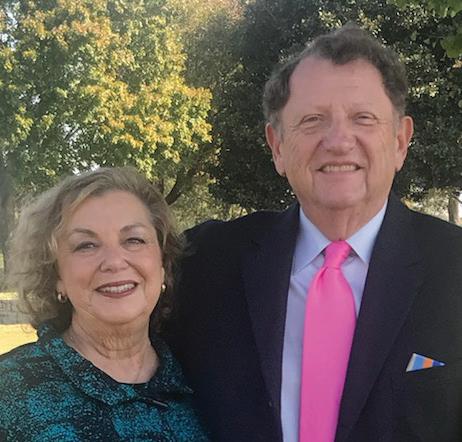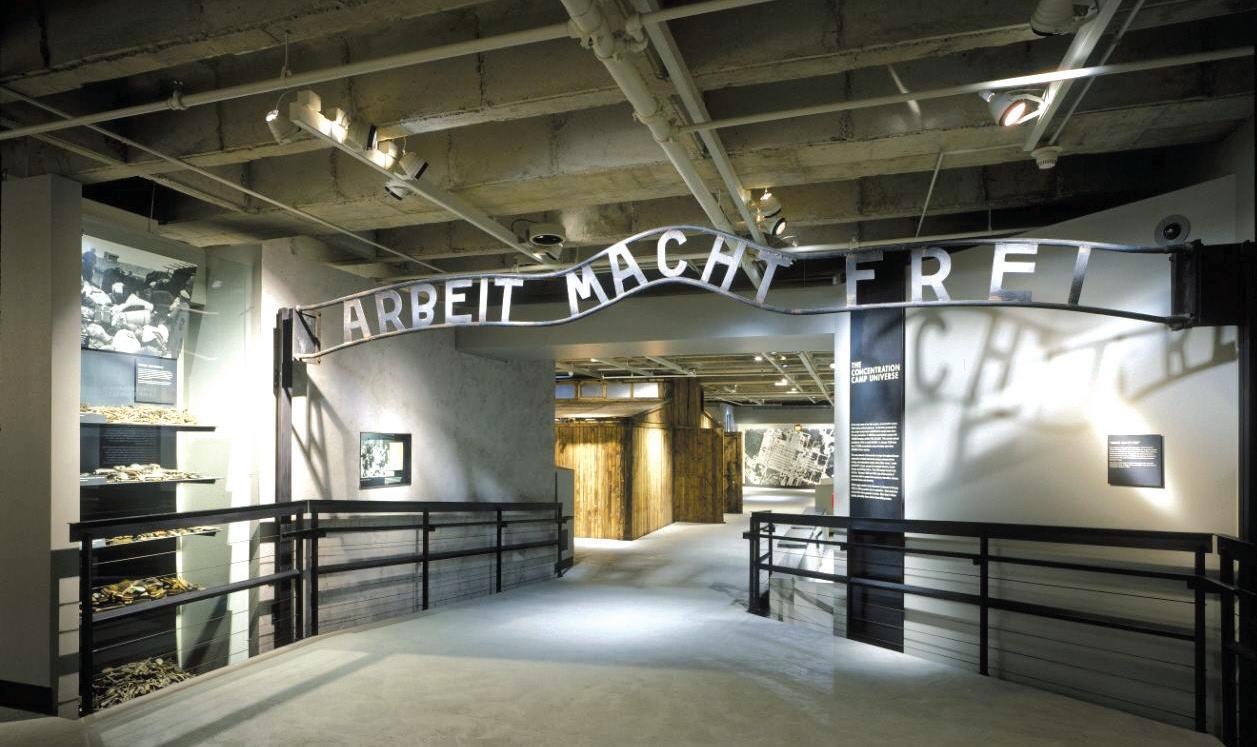
4 minute read
MEMBERS IN THE NEWS
Remembrance
Local members, Felicia and Kenneth Anchor, chair U.S. Holocaust Memorial Museum’s southeast virtual event
by Julia Browning
Felicia Anchor knows how lucky she is to have been born. Both of her parents are survivors of the Holocaust.
Though lucky might not be a word one thinks of to describe people who went through such a life-threatening experience, Felicia says that luck and the fact that her parent’s youth, which made them fit for slave labor, is what kept them alive.
In the 1940s, Felicia’s parents were teenagers living in Poland when the Nazis invaded. Her mother, only 14, was separated from her parents in Auschwitz.
Her father had gifted her a comb for her beautiful long hair during their last conversation, but within hours, all her hair was shorn off and her clothes stripped away, as the German soldiers instilled a sense of fear and humiliation into her heart that she would never forget.
Felicia’s father was separated from his family at 17 and sent into slavery, moving rocks 24 hours a day to create caves, where the German army would secretly build missiles they would use to bomb across Europe.
The two endured pain, grief, humiliation and fear for years, until the war finally ended, they were liberated, and the concentration camp at Bergen-Belsen, where Felicia’s mother was imprisoned, became a place for displaced survivors.
There, Felicia’s parents met and fell in love. They married, had Felicia a year later, and set forth to America to start a new life.
Years later, part-time Naples residents Felicia and husband, Kenneth Anchor, shoulder the responsibility of ensuring that Holocaust survivors’ tales of trauma and triumph are never forgotten.
Their heritage brought them together when they were just teenagers — each was the president of their respective Jewish youth group. The two have been together ever since.
“I love her every bit as much today, if not more, than I did way back when,” says Kenneth, a clinical psychologist.
Now, the pair live in Naples and recently served as chairs of the United States Holocaust Memorial Museum’s southeast virtual event titled “What You Do Matters.”
“The U.S. Holocaust Memorial Museum was honored to have Felicia and Kenneth Anchor chair our first-ever southeast virtual ‘What You Do Matters’ event,” said Robert Tanen, director of the Museum’s southeast region. “The Anchors’ leadership role with the Museum and their personal commitment to Holocaust remembrance is inspiring, and we are forever grateful for their ongoing support.”
Nowadays, children in the U.S. learn about the Holocaust as early as elementary school. That was not the case when Felicia was growing up. Though the tragedy was close to home, she heard “not a word about it,” she recalls. This is because, as historians explain, it takes many years for people to be able to reflect on such a monumental tragedy.
Felicia didn’t realize how formative her childhood experience was until she met other children of Holocaust survivors and felt an “invisible thread” that tied them together.
“It was then that I promised myself I was going to learn and know about what happened to my family and why it happened to my family,” Felicia says.
She committed herself to researching the Holocaust, and when the first gathering of Holocaust survivors happened in America in 1983, her family attended. A few years later, she went to the inauguration of the United States Holocaust Memorial Museum in Washington D.C.
Now Felicia and Kenneth play a vital role in supporting the Naples Holocaust Museum. They know that everyone studying this history, not the Jewish community alone, is the only way to ensure society is not doomed to repeat it.
“For so many years we talked about perpetrators and victims,” Felicia says. “Now we’re talking about upstanders, people who are willing to stand up and do something. All it takes for evil to occur is for good people to do nothing. We want them to move from being bystanders to upstanders, people who will have a voice, people who will stop other people from saying and doing hurtful things.”

Felicia and Kenneth Anchor
During the fundraising event on Feb. 11, the couple helped showcase the museum’s commitment to preserving the history, an intention that’s increasing in importance every day as the last eyewitnesses will not be here to share what they saw for much longer.
To preserve the history, the museum is creating a new section that will display the many artifacts they have curated, digitized and archived.
The couple agrees that Holocaust education is of the utmost importance for a society free of hatred to come to fruition.
“Felicia has taught me that educating just one person can make a difference,” Kenneth says.

Credit: U.S. Holocaust Memorial Museum






